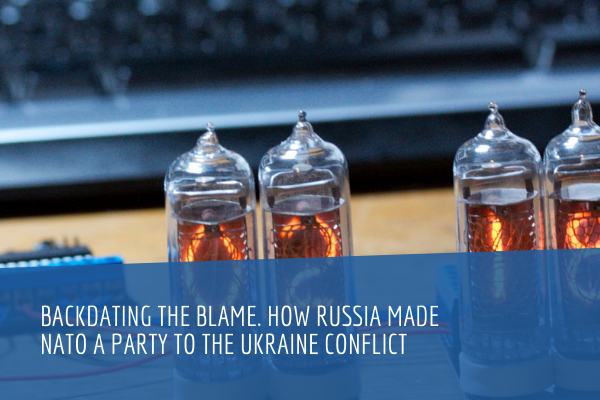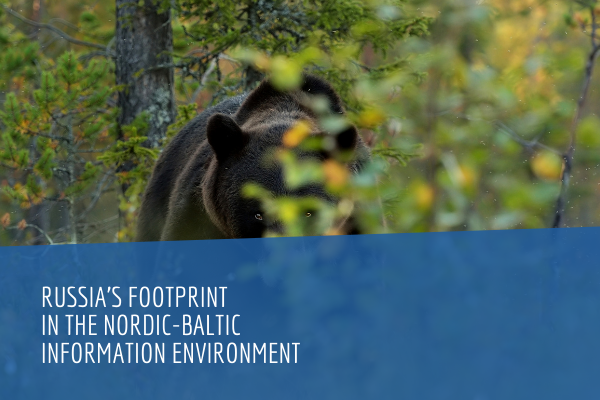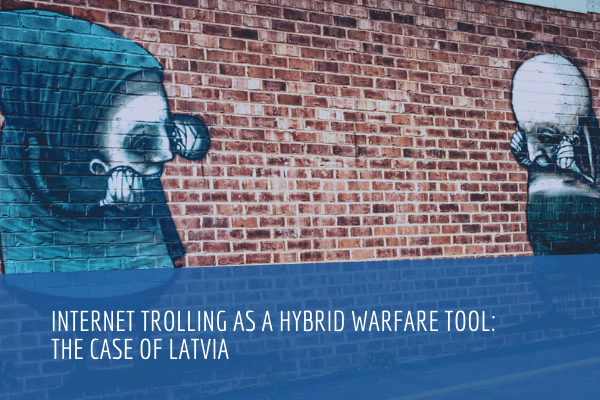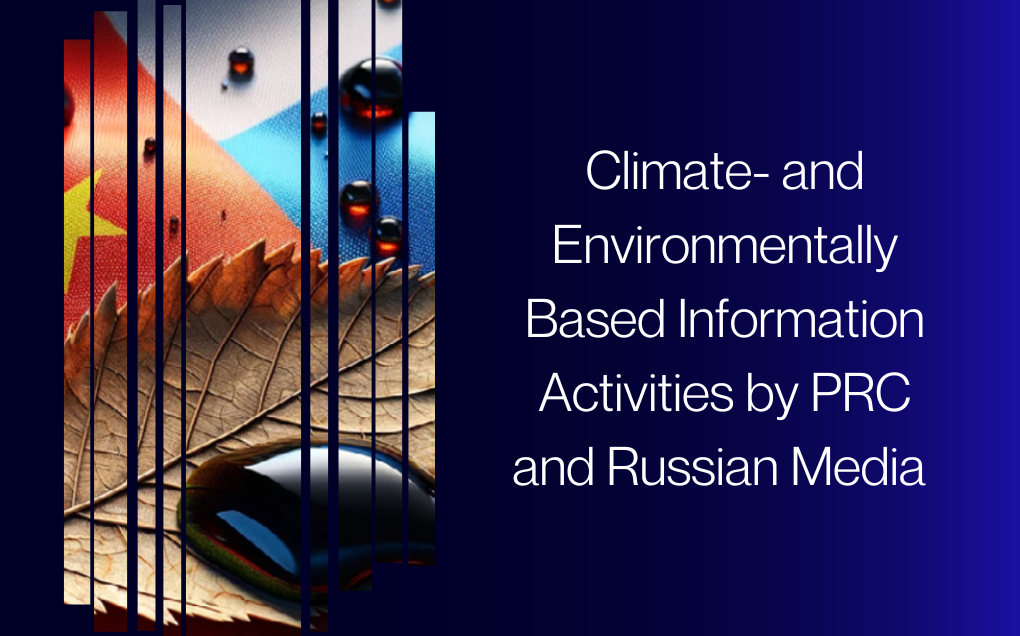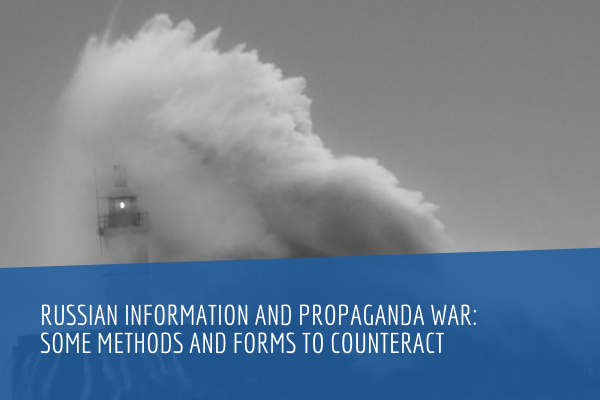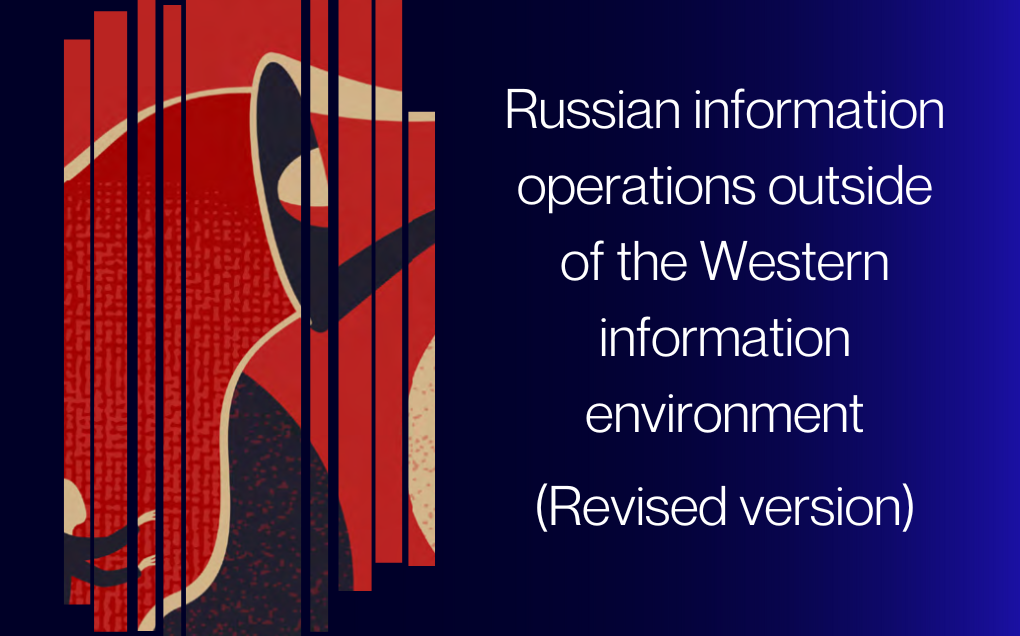In 2020 Russia conducted Kavkaz 2020, a major exercise from its annual cycle, which aimed to convey the Kremlin’s ability to adapt to changing conditions of warfare and to project and integrate military power. In a period of international turmoil and economic recession linked to the effects of the pandemic, Kavkaz 2020 was a cornerstone of Russia’s campaign to leverage its annual training programme, display military power and upgraded military capabilities to its allies, partners and neighbours, as well as to demonstrate operational readiness to its potential adversaries. Messages communicated before and during Kavkaz 2020 demonstrated how Russia could use its military element of state power to achieve the geopolitical or political objectives Kremlin desires in the European information space. In this report, the authors examine the main military and geopolitical messages to potential adversaries and to Russia’s partners and the major effect of these communications on the European information environment.
This report identifies several key elements among these military and geopolitical messages, including:
- Emphasis on the defensive nature of the exercise;
- Russia’s claim to the status of a global power with its own sphere of interests/influence and ability to forge international military and political partnerships, notably with China;
- And, militarily, Russia’s power projection and network-centric warfare capabilities, with an ability to operate on two fronts and conduct a sophisticated theatre-level operation. The exercise featured a demonstration of Russia’s new weaponry and cross-domain capabilities.
The exercise was designed to impress and thus to communicate. Moreover, as this report contends, it also served as the final test of Russia’s military reform process, now more than a decade long. As such, as well as for other reasons pointed out in this report, it was personally important to the two top military officials who have overseen this reform for much of the decade: Sergei Shoigu, the defence minister; and Valery Gerasimov, the head of the armed forces.
Yet the completion of the military reform process does not spell the end of Russia’s re-armament drive. The approval of a new armament procurement programme for the period to 2027 suggests that a new generation of arms will now be at the centre of the continued effort further to develop the armed forces, including likely changes in the structure of military formations (primarily divisions).
As this report sets out to explore, the situation dictated that the Russian Ministry of Defence adopt a new information approach, complete with a more realistic picture to accompany the demonstration showpiece; and a sub-narrative that aimed to prove that Russia was transparent and open. To suit the occasion, the MoD redesigned messages and narratives, changed the means of their delivery and expanded target audiences. COVID-19 was necessarily factored in.
In order to feel confident about its claim to the status of a global power, military power to Russia is an essential requirement which translates into just such a status, according to the Russian view of the world. This is a useful perspective from which to view Kavkaz 2020, both in purely military and associated communications terms.
Russia’s major military exercises relate to the cognitive and information domains in various ways. Adding to the layers of public diplomacy and public relations that often accompany any large-scale military exercise internationally, representation of a large-scale military exercise by Russia partially depends on the wider geopolitical context, ongoing conflicts, the Kremlin’s and other major actors’ strategic objectives, as well as the influence campaigns conducted online. Therefore, a separate section focuses on the representation of the Kavkaz 2020 exercise in the international news landscape online and the accompanying conversations on social media.
As multiple ongoing conflicts, protracted wars, geopolitical crises and strategic competition co-occurred with Kavkaz 2020, this was reflected in how Kavkaz 2020 was represented in the digital landscape. The scope and scale of emerging flashpoints such as the war in Nagorno-Karabakh, protests in Belarus, Russia’s ongoing aggression in Ukraine and even the prolonged strategic competition in South Asia dictated that Kavkaz 2020 was overwhelmingly represented alongside other geopolitical events. Most importantly, the COVID-19 pandemic overwhelmingly impacted almost all domains of information campaigns.
Along with an overview of Russia’s approaches, these are among the many topics (too many to list in this brief summary, including, to name but some, historical, geopolitical and digital) which this report will deal with in detail.
This report was presented during #StratComTalks on 2 March 2021:

